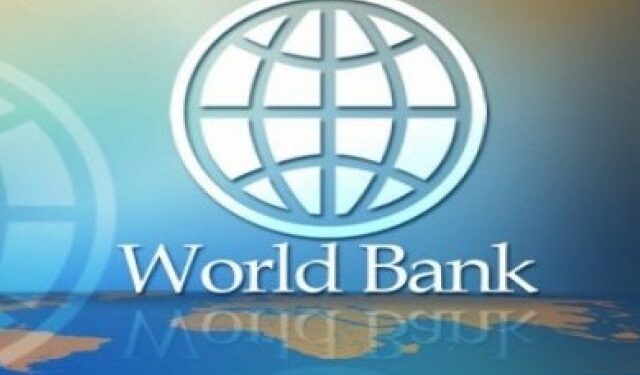CPIA 2024 Report Highlights Ghana’s Low Score and Regional Best Practices
Ghana has been ranked 29th out of 39 Sub-Saharan African countries in debt policy and management, according to the latest Country Policy and Institutional Assessment (CPIA) report by the World Bank. Ghana scored 2.5%, significantly below the regional leaders, raising concerns over the country’s debt sustainability and economic resilience.
Benin, Côte d’Ivoire Lead in Prudent Debt Management
Benin topped the 2024 ranking with an impressive score of 4.5%, followed closely by Côte d’Ivoire (4.5%) and Burkina Faso (4.0%). Other high-performing countries included Madagascar, Mali, Nigeria, Rwanda, Tanzania, Uganda, and Cameroon, all with scores between 4.0 and 3.5.
The bottom five performers—Malawi, São Tomé and Príncipe, Eritrea, South Sudan, and Sudan—scored between 2.0 and 1.5, indicating acute institutional weaknesses and vulnerability to fiscal shocks.
Debt Maturity and Liquidity Pressures Under Scrutiny
The report emphasised that large maturity payments in tight global credit markets are intensifying the rollover risks faced by many African economies. Such conditions, it noted, can drive up the cost of debt servicing and test the liquidity of public markets.
One prominent example cited was Kenya, which in February 2024 issued a Eurobond that enabled it to buy back a maturing US$2 billion Eurobond, easing currency market tensions and managing debt timelines more effectively.
Innovative Solutions: Côte d’Ivoire’s Debt-for-Development Swap
Benin also implemented market-based liability management operations to ease liquidity pressures and improve its debt profile.
The World Bank highlighted Côte d’Ivoire’s pioneering use of a debt-for-development swap, backed by the institution itself. This mechanism allowed the country to retire expensive commercial debt and replace it with lower-cost, partially guaranteed funding, improving both fiscal space and debt maturity structure.
Read Also: Fuel prices to rise as GH₵1 Energy Levy starts July 16
Call for Smarter Strategies and Concessional Lending
The CPIA stressed that effective debt policy involves not only timely repayment but also smart structuring and proactive management. It urged countries to prioritize concessional borrowing, especially from multilateral partners, to reduce overall debt service costs.
According to the report, multilateral institutions have emerged as the leading sources of development financing in the region. For IDA (International Development Association) countries in Sub-Saharan Africa, net debt inflows from multilaterals surged from US$6 billion in 2012 to US$20 billion in 2023.
Ghana’s Position Signals Urgent Reforms Needed
Ghana’s placement near the bottom of the debt management ranking underscores the urgent need for reform and a more strategic approach to public debt. Experts warn that failure to adopt effective debt sustainability measures could jeopardize long-term economic recovery and development financing access.
With growing pressure on global credit markets and rising domestic demands, the spotlight is now on Ghana’s policymakers to strengthen institutional capacity, implement proactive debt strategies, and leverage concessional financing to protect macroeconomic stability.

























